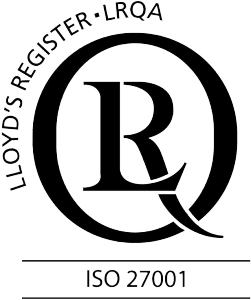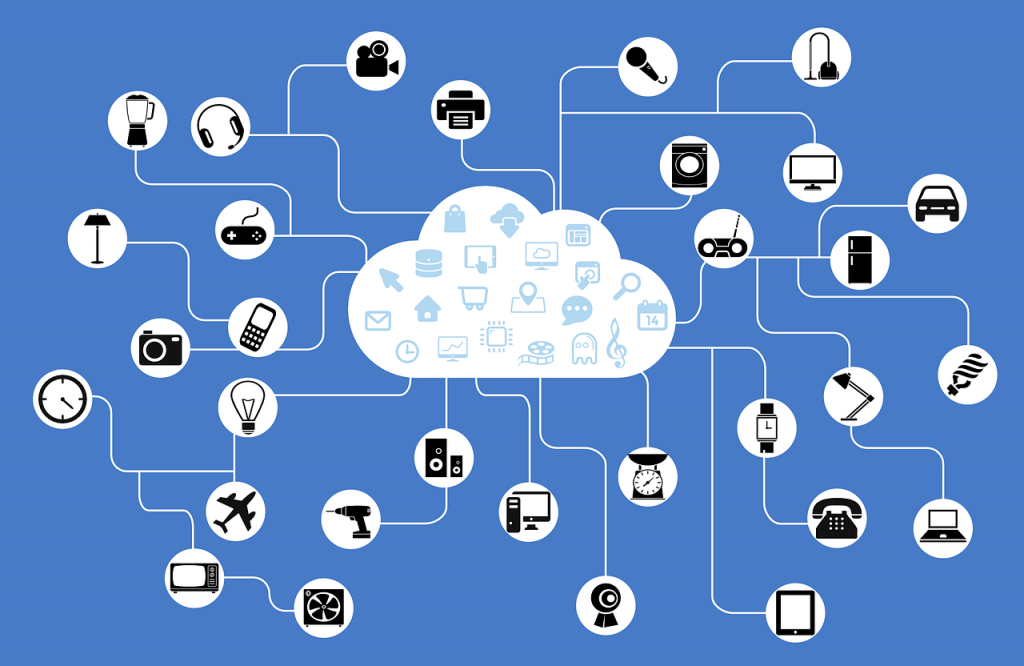
Nameshield is proud to announce its ISO 27001 certification on all its registrar activity, the product of many months of work.
Why the ISO 27001 certification?
Since its creation, 23 years ago, Nameshield has taken to heart to provide to its customers the best services under conditions of optimal security. By choosing the ISO 27001 standard, this constant care given to all our services is now certified by a competent authority.
The impressive rise of the occurrence and the force of the cybercriminal attacks has comforted the founder and CEO of Nameshield, Jean-Paul Béchu, in his determination to propose to all our users an ISO 27001 certification on all our registrar activity.
Today, it’s frequent that cybercriminals attack services providers in order to reach indirectly their final targets. And if our Security Officer of Information System monitored already the security of our infrastructure, the ISO 27001 reinforces the requirements.
If Nameshield has engaged in this process, the result of an important investment, human and financial, it’s because it’s essential for us to demonstrate and certify the dimension of our engagement in term of security.
To be certified ISO 27001 is to ensure our customers and partners that the security of the Information systems is completely integrated and that Nameshield is committed to a process of constant improvement requiring specific resources, which we have chosen to deploy.
The certification confirms the competence of Nameshield’s employees and their expertise in the protection of critical information.
What is the ISO 27001 certification?
ISO 27001 is an international standard which describes the requirements for the establishment of an Information security Management System. This one is intended to choose the security measures to set up in order to ensure the protection of sensitive goods of a company on a defined perimeter. In the case of Nameshield, it covers all of its registrar activity.
At a higher level, the ISO 27001 standard requires that the managers of the company are involved in the cyber defense. In parallel, a steering committee follows the implementation of the new arrangements respecting the standard.
An audit carried out by LRQA, the World Leader of the certification of value added Management systems, allows us to deploy our security measures and to become the first French registration office to be certified on the complete perimeter of its registrar activity.
Nameshield, your trusted partner.



